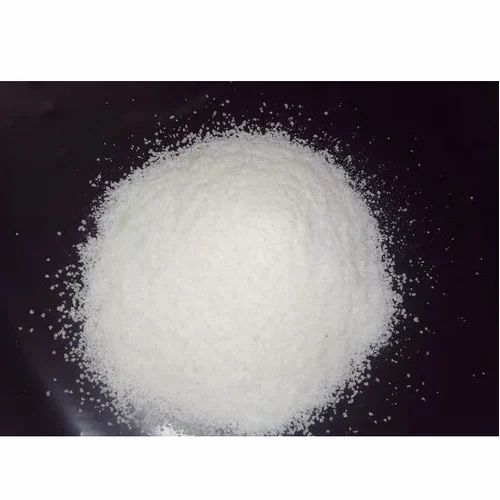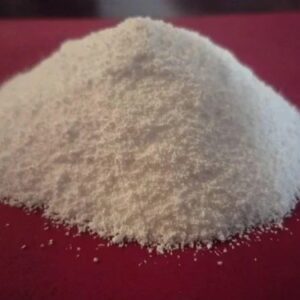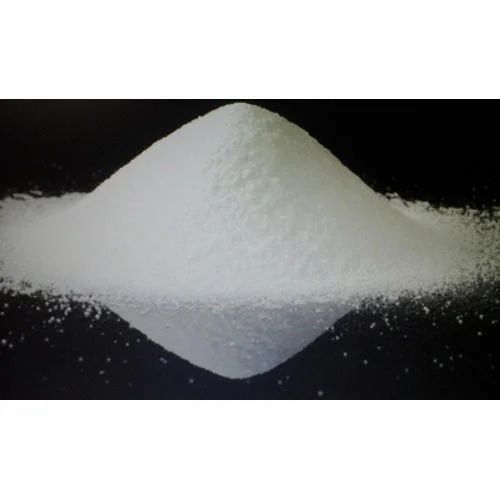Potassium Bisulphate Chemical: The Ultimate Product Guide
Potassium bisulphate chemical, also known as potassium hydrogen sulphate, is a versatile inorganic compound with the chemical formula KHSO4KHSO_4. This white crystalline solid is widely recognized for its various applications across multiple industries, including food processing, agriculture, pharmaceuticals, and chemical manufacturing. Renowned for its acidity and solubility in water, potassium bisulphate chemical serves as an essential ingredient in numerous formulations. In this comprehensive product description, we will explore the properties, applications, benefits, and safety considerations of potassium bisulphate, emphasizing its significance across different fields.
Chemical Properties
Composition and Structure
Potassium bisulphate is formed by the reaction of sulfuric acid with potassium carbonate or potassium sulfate. The compound typically appears as a white powder or crystalline granules, which are easy to handle and incorporate into various formulations. The molecular weight of potassium bisulphate is approximately 136.14 g/mol.
Physical Characteristics
- Appearance: White crystalline powder
- Molecular Weight: 136.14 g/mol
- Solubility: Soluble in water; insoluble in alcohol
- pH: Approximately 1.5 to 2 in a 1% solution
- Melting Point: Decomposes upon heating
These properties make potassium bisulphate chemical suitable for a wide range of applications in different industries.
Applications of Potassium Bisulphate Chemical
1. Food Industry
Potassium bisulphate is widely used in the food industry for various applications, including:
- Preservative: It acts as a preservative, helping to extend the shelf life of food products by inhibiting microbial growth.
- Acidulant: Potassium bisulphate is used as an acidulant in food processing, enhancing flavor profiles and stabilizing pH levels in products such as jams, jellies, and beverages.
2. Agriculture
In agriculture, potassium bisulphate serves as a valuable source of potassium and sulfur for plants. Its applications include:
- Fertilizer Component: It provides essential nutrients that promote healthy plant growth, improve fruit quality, and enhance disease resistance.
- Soil Amendment: Potassium bisulphate helps improve soil structure and fertility, ensuring optimal growing conditions for crops.
3. Pharmaceuticals
In the pharmaceutical sector, potassium bisulphate is employed in various formulations for its beneficial properties:
- Acidifying Agent: It is used as an acidifying agent in certain medications, helping to enhance the solubility and bioavailability of active ingredients.
- Buffering Agent: Potassium bisulphate can help maintain pH levels in pharmaceutical formulations, ensuring the stability of active compounds.
4. Chemical Manufacturing
Potassium bisulphate chemical is utilized in the chemical manufacturing industry in several ways:
- Reagent: It is commonly used as a reagent in various chemical reactions, particularly where an acidic environment is required.
- Production of Other Compounds: Potassium bisulphate is used in the production of other potassium sulfate and sulfate compounds, acting as an intermediate in chemical processes.
5. Laboratory Use
In laboratory settings, potassium bisulphate is a valuable reagent for various applications:
- Analytical Chemistry: It is used in titrations and other analytical procedures to determine the presence of specific ions, providing reliable results in laboratory analyses.
- Sample Preparation: Potassium bisulphate can be employed in the preparation of samples for various chemical analyses.
Advantages of Using Potassium Bisulphate Chemical
1. Nutrient-Rich
One of the primary advantages of potassium bisulphate is its rich nutrient profile. It provides essential potassium and sulfur, both of which are crucial for plant health and growth.
2. Versatility
Potassium bisulphate is a versatile compound with applications across multiple industries. Its multifunctional properties make it a valuable resource for manufacturers and professionals seeking reliable solutions.
3. Acidic Properties
The compound’s acidic nature makes it suitable for use as a pH regulator and acidulant in food and pharmaceutical applications, enhancing product quality and stability.
4. Safety Profile
Potassium bisulphate is generally regarded as safe for use in food, pharmaceuticals, and other applications when handled properly. Its low toxicity ensures that it can be used without significant health risks.
How to Use Potassium Bisulphate Chemical
1. In Food Processing
When using potassium bisulphate in food applications:
- Dosage: The recommended dosage typically ranges from 0.1% to 0.5% of the total weight of the product, depending on the specific application and desired effects.
- Incorporation: It can be mixed with other ingredients during the processing stage to ensure even distribution and stability.
2. In Agriculture
For agricultural applications:
- Fertilizer Use: Apply potassium bisulphate based on soil tests to determine the right amount needed for optimal plant growth. Typical application rates range from 200 to 400 kg per hectare.
- Soil Amendment: Incorporate potassium bisulphate into soil to improve fertility and structure, enhancing overall crop performance.
3. In Pharmaceuticals
When incorporating potassium bisulphate into pharmaceutical formulations:
- Formulation: Use it as an acidifying agent at recommended concentrations, typically around 0.5% to 2%.
- Quality Control: Regularly monitor the stability and efficacy of formulations to ensure compliance with industry standards.
4. In Chemical Manufacturing
For chemical manufacturing applications:
- Reagent Use: Add potassium bisulphate to chemical reactions as specified in the formulation, ensuring accurate measurements for optimal results.
- Intermediate Production: Use it in the synthesis of other sulfate compounds, following established procedures.
5. In Laboratory Settings
When using potassium bisulphate in laboratory experiments:
- Preparation: Prepare solutions according to the required concentrations for specific analyses, ensuring proper handling and safety measures.
- Monitoring: Regularly assess the effectiveness of reactions to ensure accurate results.
Safety and Handling
1. Toxicity
Potassium bisulphate is generally considered safe for use in food, pharmaceuticals, and other applications. However, excessive exposure may cause irritation to the skin, eyes, and respiratory tract.
2. Protective Measures
When handling potassium bisulphate, it is crucial to:
- Wear Protective Gear: Use gloves, goggles, and appropriate lab attire to minimize exposure risks.
- Ensure Proper Ventilation: Work in a well-ventilated area to avoid inhaling dust or fumes.
3. Storage
Store potassium bisulphate in a cool, dry place away from direct sunlight and moisture. Ensure that containers are tightly sealed to prevent contamination and degradation.
Environmental Considerations
Potassium bisulphate is considered environmentally friendly when used according to recommended practices. However, proper disposal methods should be followed to minimize any potential impact. Always adhere to local regulations regarding chemical waste disposal.
Conclusion
Potassium bisulphate chemical is a versatile and essential compound widely used in food processing, agriculture, pharmaceuticals, chemical manufacturing, and laboratory settings. Its unique properties, including its nutrient profile, acidic nature, and safety profile, make it an invaluable resource for professionals across various industries.
When purchasing potassium bisulphate, choose reputable suppliers that provide high-quality products and detailed safety data sheets. Understanding its applications, benefits, and safety measures will help you maximize the potential of this remarkable compound in your projects.
Whether you’re a food manufacturer looking to enhance product quality, an agricultural expert aiming to improve crop yields, or a pharmaceutical professional seeking effective excipients, potassium bisulphate chemical can meet your needs. Embrace the advantages of this compound and unlock new possibilities in your field!





Reviews
There are no reviews yet.